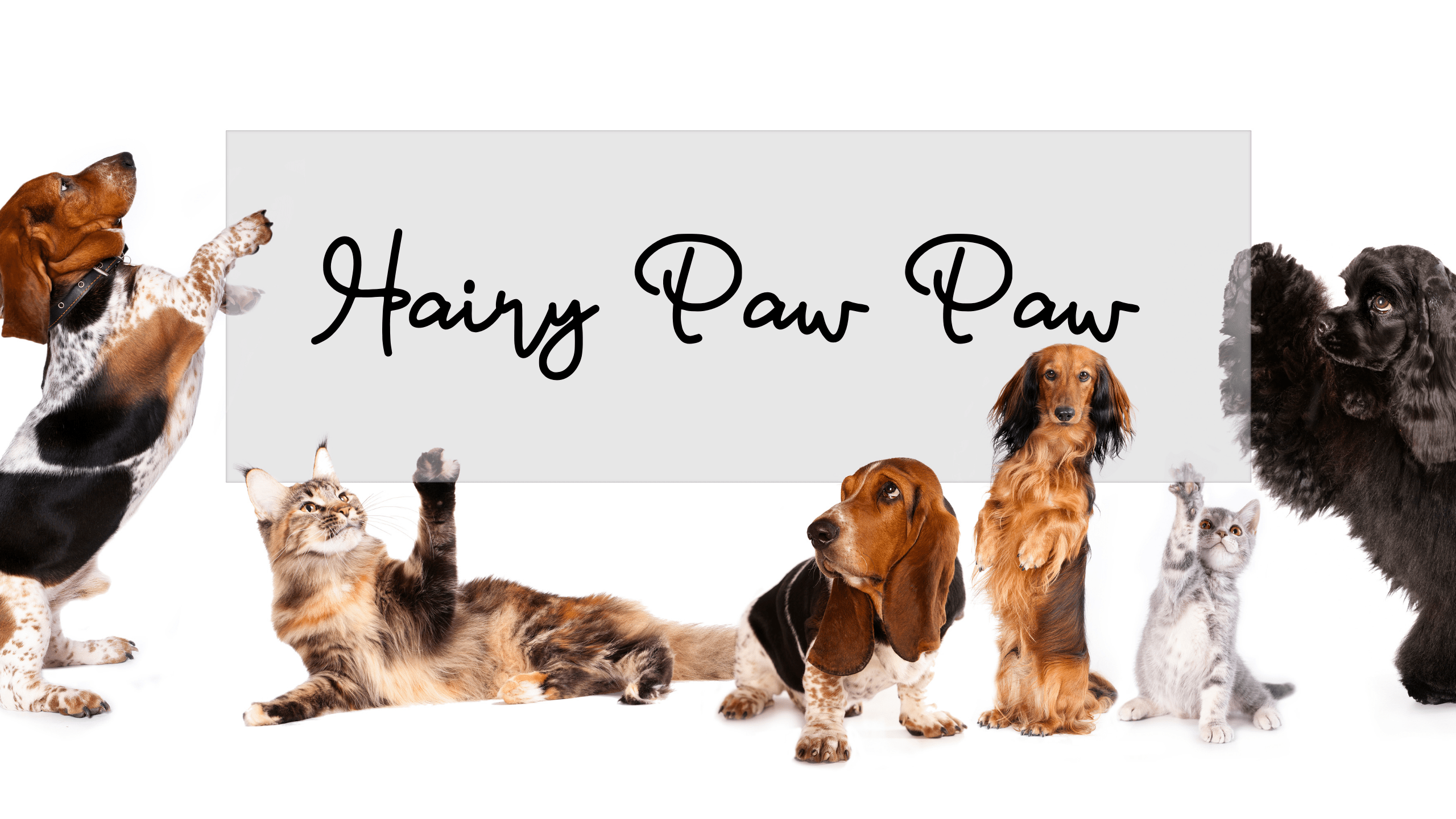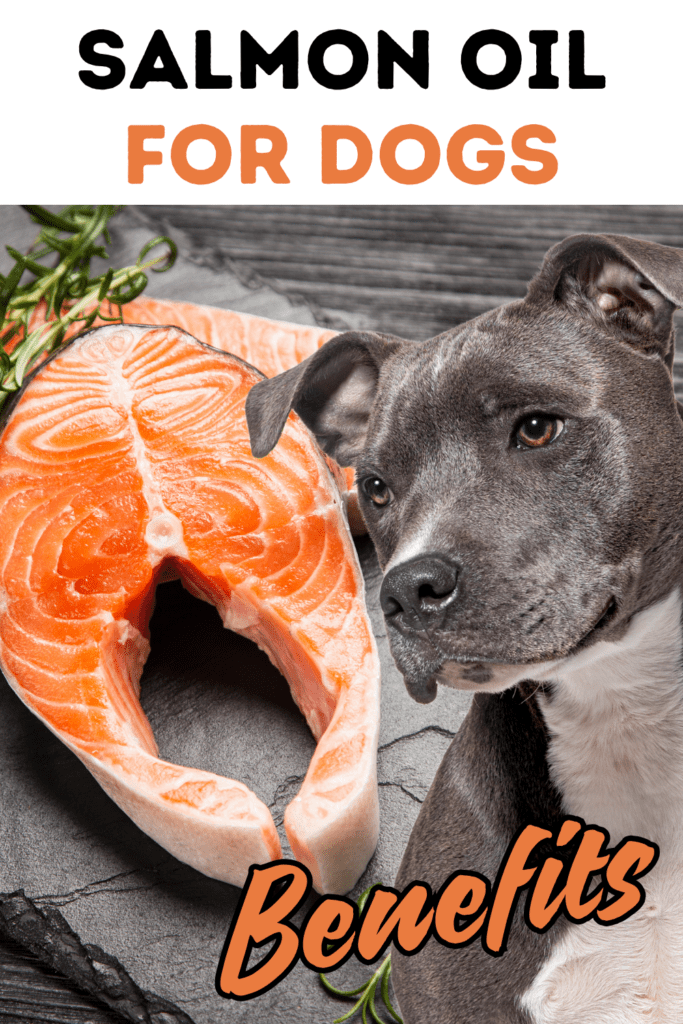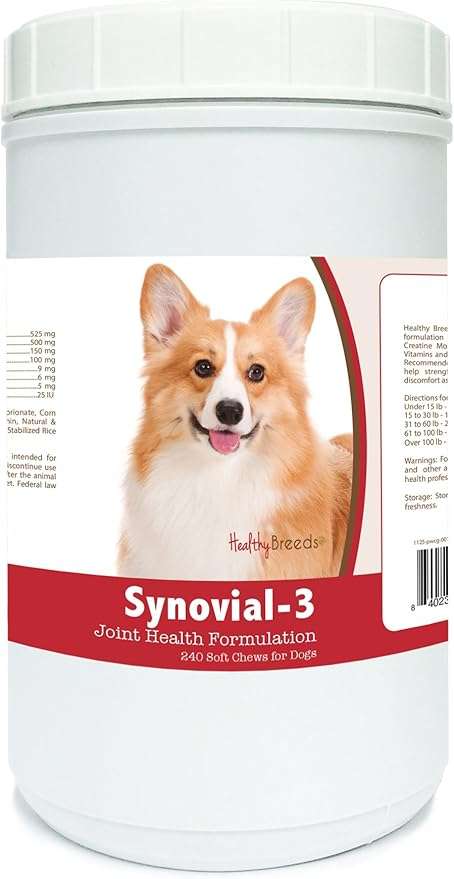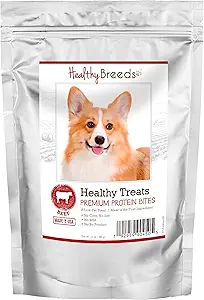Choosing the Best Diet for Pembroke Welsh Corgis
This post may contain affiliate links, which means I’ll receive a commission if you purchase through my link, at NO EXTRA COST TO YOU
Providing your Pembroke Welsh Corgi with the right diet is essential to keep them healthy, energetic, and happy. These small yet active dogs require carefully balanced nutrition to support their energy levels, muscle development, and overall well-being. However, not every type of dog food will suit a Corgi’s needs. Without proper attention to their diet, they may face health challenges such as obesity, joint problems, or digestive issues. Therefore, selecting the best diet for your Corgi ensures they thrive at every life stage, from playful puppyhood to senior years.

Nutritional Needs of Pembroke Welsh Corgis
First and foremost, every Pembroke Welsh Corgi needs a diet rich in essential nutrients, including proteins, healthy fats, carbohydrates, vitamins, and minerals. These nutrients help maintain muscle, provide energy, and support their immune system.
- Proteins: High-quality protein sources such as chicken, fish, turkey, and beef maintain muscle strength and encourage proper growth.
- Fats: Healthy fats, like those from salmon oil and flaxseed, promote brain health and give your Corgi a glossy coat.
- Carbohydrates: Complex carbs found in brown rice, oats, or sweet potatoes provide sustainable energy without triggering weight gain.
- Vitamins and minerals: Nutrients such as calcium, zinc, and vitamin E ensure healthy bones, joints, and a strong immune system.
Moreover, you should avoid low-quality dog foods filled with fillers, artificial additives, or preservatives. Instead, prioritize foods labeled as “complete and balanced,” since they cover all the necessary nutritional bases for your Corgi’s health.
Puppy Nutrition: Building a Strong Foundation
When it comes to feeding Corgi puppies, getting the diet right early on makes a significant difference. Puppies require nutrient-dense food to fuel their rapid growth. For that reason, you must select puppy food designed for small breeds. These formulas often contain higher levels of protein and fat compared to adult foods, as puppies need more energy to develop muscles, bones, and their immune systems.
In addition, splitting meals into three or four smaller portions per day ensures puppies stay energetic throughout the day without overwhelming their digestive system. Gradually transitioning to two meals daily as your puppy grows helps them develop healthy eating habits.
You should also look for foods containing DHA, an essential omega-3 fatty acid found in fish oil. This nutrient enhances brain development, helping your puppy become more responsive during training sessions. Calcium-enriched foods also support proper bone and joint growth, minimizing the risk of joint issues later in life.
Adult Corgis: Balancing Energy and Weight Control
Once your Pembroke Welsh Corgi reaches adulthood, you need to focus on maintaining a healthy balance between their caloric intake and energy expenditure. While adult Corgis stay energetic, they also tend to gain weight quickly. Therefore, feeding them the right amounts becomes crucial. Look for food with 18-24% protein and 12-15% fat.
In particular, it’s essential to divide their meals into two portions per day, which helps regulate their energy levels and keeps hunger at bay. Pay attention to the portion sizes indicated on food packaging, but adjust based on your dog’s weight and daily activity level. For example, if your Corgi participates in agility training or goes on long walks, they may need slightly larger portions. On the other hand, more sedentary Corgis benefit from smaller portions to prevent unnecessary weight gain.
Additionally, high-fiber foods such as vegetables, pumpkin, or beet pulp promote better digestion and reduce the chance of bloating. Offering healthy snacks like carrot sticks or apple slices as occasional treats keeps your dog satisfied without adding too many calories.
Senior Corgis: Adapting the Diet to Aging Needs
As Corgis age, their dietary requirements change. Since senior dogs become less active, they need fewer calories. However, they still require food rich in nutrients that promote joint health and prevent muscle loss. Selecting a diet with 10-12% fat and moderate protein levels helps manage their weight while maintaining muscle mass.
Joint support becomes particularly important during their senior years. Foods containing glucosamine and chondroitin reduce joint discomfort and improve mobility. Omega-3 fatty acids also help by minimizing inflammation and keeping the coat healthy.
Another thing to keep in mind involves hydration. Senior Corgis often need encouragement to drink enough water. Mixing in a small amount of wet food or bone broth with their meals encourages them to stay hydrated. This change not only improves digestion but also helps prevent urinary problems, which become more common with age.
Portion Control: Preventing Weight Issues
Controlling portion sizes plays a vital role in keeping your Corgi healthy. Overfeeding can lead to obesity, which creates strain on their joints and increases the risk of heart disease. Using a measuring cup for every meal ensures you provide the correct amount of food.
Establishing a consistent feeding schedule also makes a difference. Serving meals at the same times each day reduces food-related anxiety and helps with digestion. If your Corgi exercises more on certain days, consider increasing their portion slightly to match their energy output.
Moreover, if you notice your Corgi gaining or losing weight, adjust the portion sizes accordingly. Regularly monitoring their weight ensures they stay fit and active without unnecessary fluctuations.
Choosing Between Kibble, Wet Food, and Homemade Diets
You can feed your Pembroke Corgi in several ways, including dry kibble, wet food, or homemade meals. Each option offers unique benefits, so choosing the right one depends on your dog’s preferences and your lifestyle.
- Dry Kibble: Promotes dental health and is convenient to store. Choose kibble with real meat listed as the first ingredient for optimal nutrition.
- Wet Food: Provides extra hydration and works well for picky eaters. Keep in mind, though, that wet food requires refrigeration after opening.
- Homemade Meals: Allows complete control over every ingredient. However, you need to ensure these meals remain nutritionally balanced to meet your dog’s needs.
Regardless of the option you choose, make sure the food meets AAFCO standards for dog nutrition. Consulting with your vet before switching diets guarantees that your Corgi receives all the necessary nutrients.
Treats and Supplements: Enhancing Nutrition
Treats make excellent training tools, but offering too many can lead to weight gain. Choose low-calorie treats with healthy ingredients such as freeze-dried liver, blueberries, or pumpkin. Reserve treats for positive reinforcement during training sessions.
Certain supplements can also improve your Corgi’s health. For example, omega-3 supplements promote a shiny coat and support joint function. Probiotics improve digestion, while glucosamine reduces joint pain in older dogs. However, always check with your vet before introducing supplements to ensure they meet your dog’s needs.
Dangerous Foods to Avoid
You should stay vigilant about foods that can harm your Corgi. Several common foods can cause severe health issues:
- Chocolate: Contains toxic theobromine.
- Grapes and raisins: May lead to kidney failure.
- Onions and garlic: Damage red blood cells, causing anemia.
- Xylitol: A sugar substitute that lowers blood sugar and damages the liver.
Avoid giving your Corgi fatty table scraps, as these can trigger pancreatitis. Stick to healthy, vet-approved foods to keep your dog safe.
Conclusion: Feed for Health and Longevity
Choosing the best diet for Pembroke Welsh Corgis ensures they live long, active lives. Start by selecting a high-quality food that provides the right nutrients for their current life stage. Pay close attention to portion sizes and adjust them as needed to maintain a healthy weight. Offer healthy treats in moderation, and don’t forget to incorporate supplements when necessary. With proper nutrition, your Corgi will stay happy, healthy, and energetic for years to come.







